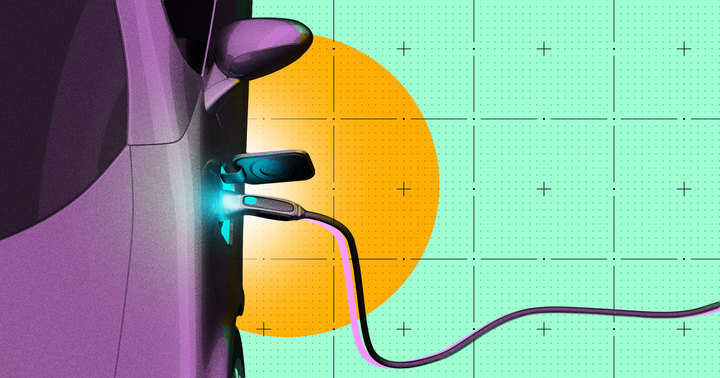
Researchers in China have developed a technique to give lithium-ion battery cells a second shot at life. Delivered as an injection, it significantly extends the cells’ lifespan and has them perform almost like they’re young again, the team report in a study published in the prestigious journal Nature.
“If we can give an injection to a sick person to help them recover,” coauthor Yue Gao, a chemist at Fudan University in Shanghai, told Scientific American, “why can’t we have a magic potion for drained batteries, too?”
The technique could be a breakthrough in reducing lithium battery waste, one of the major blemishes in electric vehicles’ promise of a greener alternative to gas-guzzlers, which is only going to become more challenged as EV adoption rises. The vehicles’ immense batteries are difficult to recycle, and if not disposed of properly, leak toxic chemicals that seep back into the ground. While recycling will remain paramount, the highly specialized facilities that are needed to process spent batteries are still being built-up.
Typically, an EV’s lithium-ion battery pack will last eight to twelve years before it’s considered “dead,” meaning it’s fallen below 80 percent of its original capacity. That’s a decent lifespan, but replacing them is painful: as SciAm notes, the battery makes up roughly 40 percent of a new EV’s cost, putting a huge economic strain on owners.
But what if you didn’t have to shell out thousands of dollars for a replacement? From the get-go, Gao and his team wanted to find a molecule that could deliver fresh lithium ions to moribund battery cells.
“We had no idea what kinds of molecules could do that job or what their chemical structures would be, so we used machine learning to help us,” Chihao Zhao, a researcher at Fudan University, who was part of Gao’s team but not an author on the new study, told SciAm.
The carefully configured machine learning model recommended three candidates, and the most promising one was a salt called lithium trifluoromethanesulfinate. When dissolved in an electrolyte solution, the researchers found, the salt released lithium ions that flowed back into a battery’s degraded cells.
Followup experiments showed that injecting the solution into a battery cell could restore it back to 96 percent capacity, extending its lifespan to nearly 12,000 charge cycles. That’s a dramatic boost. For reference, EV batteries are designed to last for 1,500 to 2,000 charge cycles.
“The team’s work is revolutionary because it provides a new idea to reuse end-of-life batteries,” Jiangong Zhu of Tongji University in Shanghai, who researches EV batteries and was not involved in the study, told SciAm.
The researchers are the first to admit, however, that their miracle injection isn’t quite ready to hit the market.
“We have only conducted experiments on cells, and we need to find a way to apply it onto a whole battery pack,” Gao told SciAM. One battery pack might contain thousands of cells.
More on EVs: General Motors Unveils Their “Groundbreaking” New EV Battery